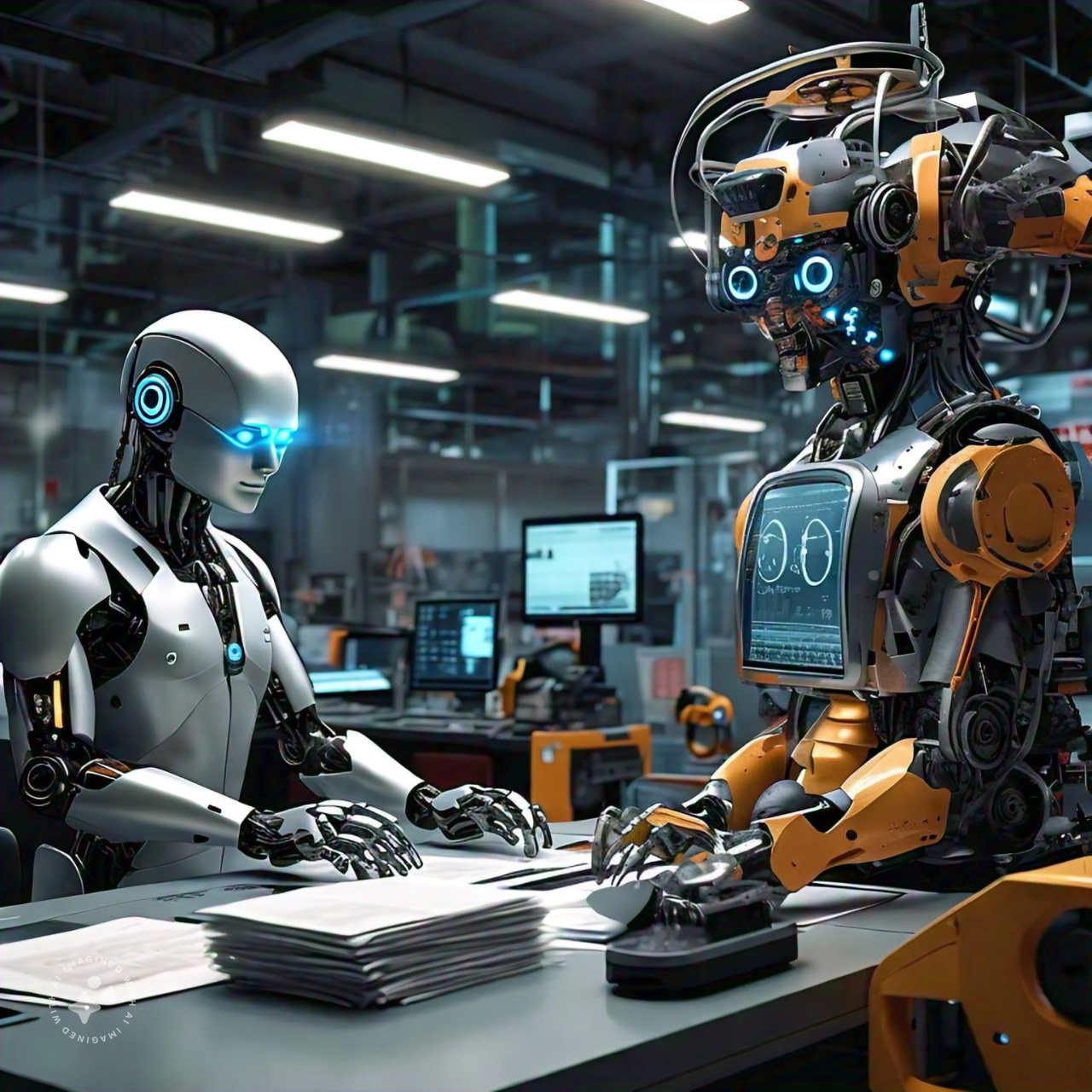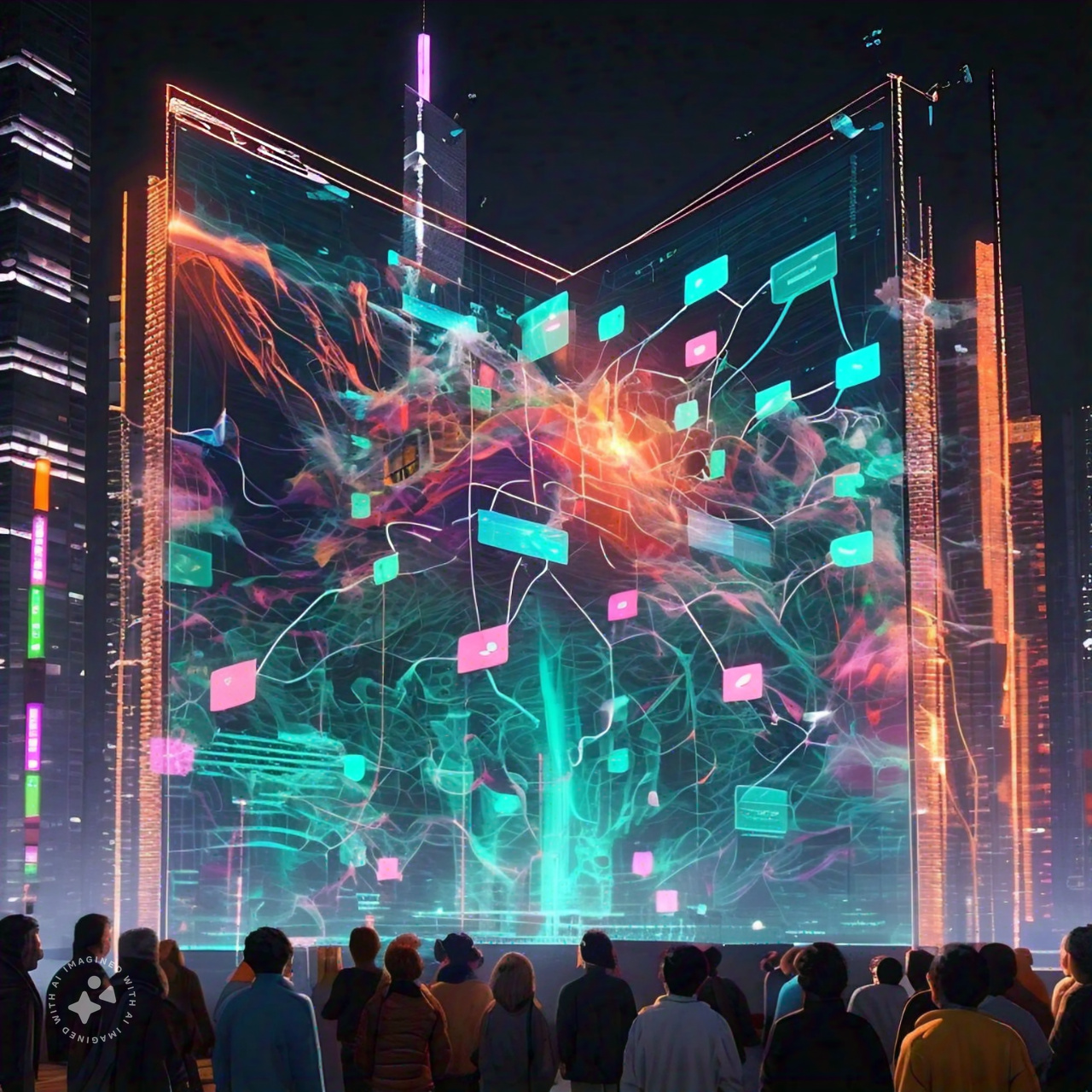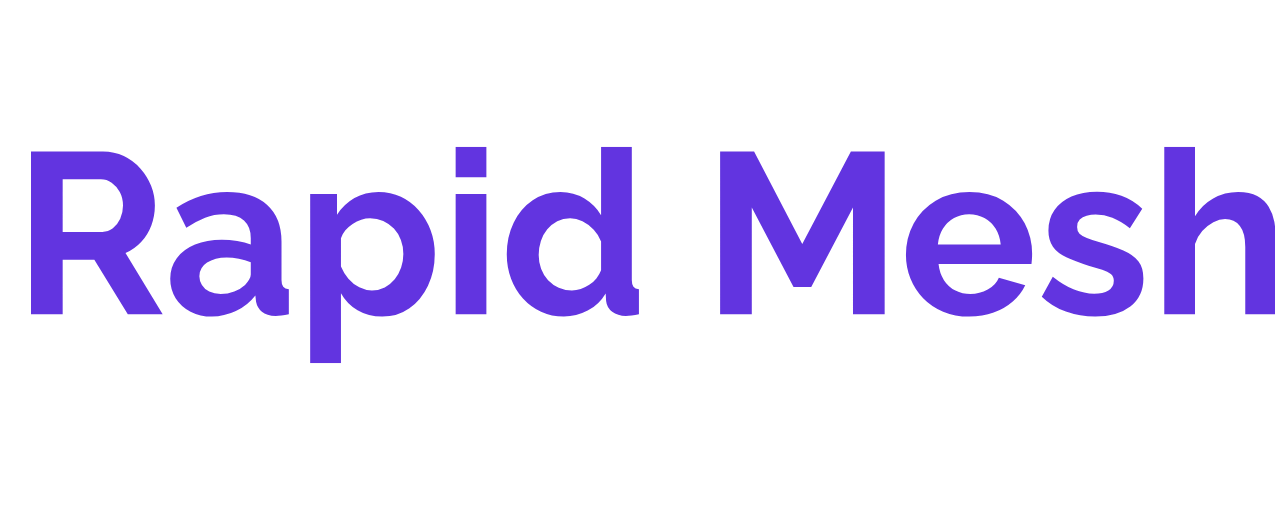Generative AI has been at the forefront of technological innovation, sparking both fascination and debate across industries. While it heralds a new era of creativity and efficiency, it also brings with it a suite of challenges that necessitate careful consideration. Here, we explore the darker side of generative AI, discussing its potential drawbacks and the implications for society, ethics, and security.
1. Ethical Concerns and Misuse
One of the most pressing concerns with generative AI is its potential for misuse. This technology can create realistic images, videos, and texts, which can be used to spread misinformation, create fake news, and impersonate individuals. The ease with which it can generate convincing content could lead to significant issues in media trustworthiness, potentially influencing public opinion and political processes in deceptive ways.

2. Job Displacement
As AI technologies automate tasks traditionally performed by humans, there’s an increasing risk of job displacement. Professions in areas such as journalism, art, and customer service might see AI systems replicating tasks that were once human-centric. This shift could lead to unemployment in certain sectors and necessitate a societal shift in the job market, focusing on roles that require human empathy and complex decision-making.

3. Bias and Fairness
Generative AI systems are only as unbiased as the data they are trained on. If the training data contains biases, the AI will likely perpetuate these biases in its outputs. This can result in unfair decision-making when applied to contexts like recruitment, law enforcement, and loan approvals, where biased AI-generated decisions could have severe consequences for individuals and communities.
4. Dependence and Lack of Creativity
Relying heavily on AI for creative processes could stifle human creativity, as people might lean more towards AI tools rather than nurturing their own creative skills. Moreover, there’s a concern that over-dependence on AI could diminish human involvement in critical thinking and problem-solving processes, potentially leading to a degradation of these essential skills.
5. Privacy Issues
Generative AI requires vast amounts of data to train and operate effectively. This raises significant privacy concerns, as sensitive and personal data could be exploited without the explicit consent of individuals. The accumulation and analysis of such data pose a risk of privacy breaches, potentially leading to the misuse of personal information.

6. Regulatory and Control Challenges
The rapid development and deployment of generative AI technologies pose significant regulatory challenges. There is a lag in legal frameworks catching up with the advancements in AI, leading to a regulatory grey area where unethical practices might not be adequately addressed. Moreover, controlling the distribution and use of generative AI technology is challenging, raising concerns about its unregulated use.
While generative AI offers transformative possibilities, it is imperative to approach its development and integration with caution. Addressing these disadvantages requires robust ethical guidelines, stringent regulatory frameworks, and a commitment to fostering an AI-literate society that can leverage these technologies responsibly. Only through thoughtful consideration and action can we ensure that generative AI serves to enhance, rather than diminish, our societal fabric.


Leave a Reply